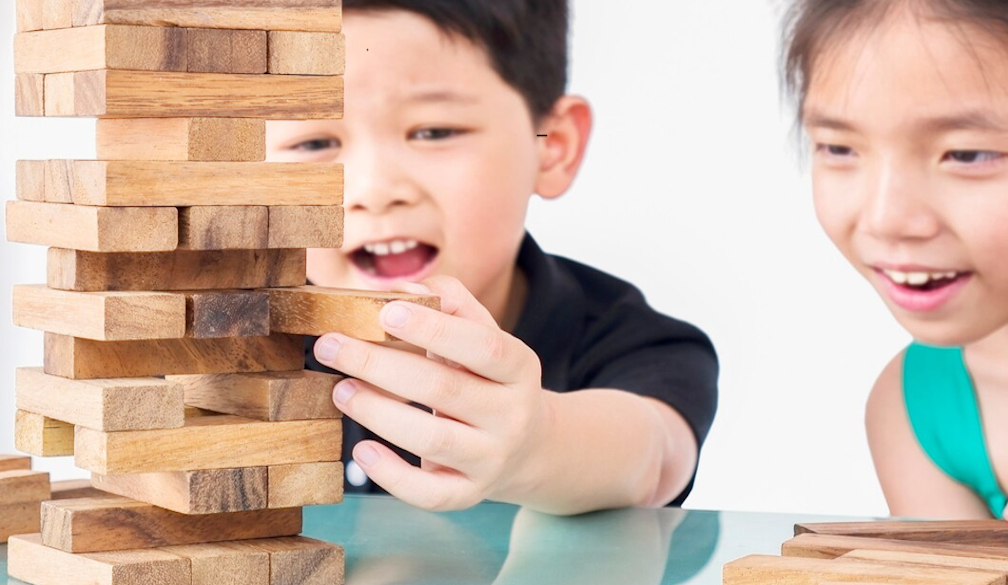Unlock Your Child’s Potential: Best Extracurricular Activities for Every Age

Extracurricular activities are more than just fun pastimes; they play a crucial role in your child's development. These activities offer a chance for children to explore their interests, develop new skills, and build character. Whether your child is in their early years of primary school or preparing for the challenges of high school, engaging in extracurriculars helps foster well-rounded growth.
As a parent, finding the right extracurricular activities is key to unlocking your child's potential. This guide will explore the best extracurricular activities for every age and how they can support your child’s overall development.
Why Extracurricular Activities Matter
Before diving into the activities themselves, it's important to understand why extracurricular activities are so beneficial. These activities provide opportunities for children to:
-
Develop social skills and build friendships.
-
Learn time management and organisational skills.
-
Foster creativity, critical thinking, and problem-solving abilities.
-
Improve physical health and coordination.
-
Boost self-confidence and a sense of achievement.
By engaging in extracurricular activities, children learn important life skills that help them navigate school and later, the workforce. Whether it’s through private schools Melbourne or local community programs, extracurricular activities help shape well-rounded, confident individuals ready to succeed in both school and life.
Best Extracurricular Activities for Young Children (Ages 3-7)
For younger children, extracurricular activities should focus on fun, exploration, and developing basic skills. At this age, the goal is to introduce your child to a variety of activities, allowing them to discover what they enjoy.
-
Creative Arts and Crafts
Young children are naturally creative, and arts and crafts activities can help them develop fine motor skills, enhance creativity, and express their emotions. Activities like drawing, painting, or crafting help children develop hand-eye coordination and focus. -
Dance and Movement Classes
Dance is a great way for children to improve coordination, rhythm, and balance. Whether it’s ballet, hip-hop, or creative movement, dance helps young children build confidence and learn to follow instructions in a group setting. -
Sports (Soccer, T-Ball, Swimming)
At this age, sports should focus on fun rather than competition. Activities like soccer or swimming teach teamwork, discipline, and basic motor skills. Group sports also help children learn how to follow rules and work with others. -
Music and Instrument Lessons
Introducing children to music early on can help improve their memory, concentration, and cognitive development. Music lessons, whether it’s learning an instrument or singing, can also foster a love for rhythm and melody.
Best Extracurricular Activities for School-Age Children (Ages 8-12)
As children grow older, they begin to develop their interests more distinctly. This is the ideal time to introduce more structured extracurricular activities that allow them to refine their skills and explore new passions.
-
Sports Teams and Leagues
At this age, children are ready for more competitive sports. Whether it's football, tennis, or gymnastics, joining a team can teach children how to deal with competition, handle failure, and work together to achieve common goals. These sports activities also help maintain physical fitness. -
Drama and Theatre
Drama classes offer children the chance to explore their creativity and gain self-confidence. By performing in front of others, children develop public speaking skills, learn teamwork, and boost their self-esteem. -
Coding and Robotics
Introducing children to coding and robotics can set the foundation for skills needed in the digital age. These activities help develop problem-solving abilities, logical thinking, and creativity. Some private schools Melbourne offer coding clubs or after-school programs where students can further explore these interests. -
Art Classes
As children grow, their creative abilities expand. Art classes, whether it’s painting, pottery, or sculpture, allow them to express themselves and learn technical skills in a structured way. Art classes also develop patience, attention to detail, and the ability to work on long-term projects.
Best Extracurricular Activities for Teenagers (Ages 13+)
As children transition into their teenage years, extracurricular activities play an even more significant role in shaping their future. Teens begin to refine their skills and interests, and extracurricular activities can help them explore potential career paths, gain independence, and build lasting relationships.
-
Advanced Sports and Fitness
Teenagers who are passionate about sports may wish to pursue more advanced training or competition. Whether it’s joining a local sports league, participating in competitive swimming, or training for marathons, advanced sports help teens develop a strong work ethic, discipline, and leadership skills. -
Volunteer Work and Community Service
Volunteering is an excellent way for teens to give back to their community while gaining valuable life experience. Participating in community service teaches empathy, responsibility, and time management. It can also help teens build leadership skills and a sense of civic duty. -
Music, Bands, or Choir
For teens interested in music, joining a band or choir allows them to further hone their skills. Being part of a musical group encourages collaboration, practice, and dedication. Many private schools Melbourne offer advanced music programs that prepare students for auditions and performances. -
Debate and Public Speaking
Joining a debate team or a public speaking club can help teens develop confidence in communication, critical thinking, and argumentation. These activities prepare teens for future academic and professional careers where effective communication is key. -
Internships and Work Experience
By the teenage years, some students may want to gain professional experience in a field of interest. Internships or part-time work can provide insight into potential careers, improve organisational skills, and offer valuable networking opportunities.
By choosing a school that values extracurricular activities, parents can ensure their child has access to a wealth of opportunities that support their growth outside the classroom.









